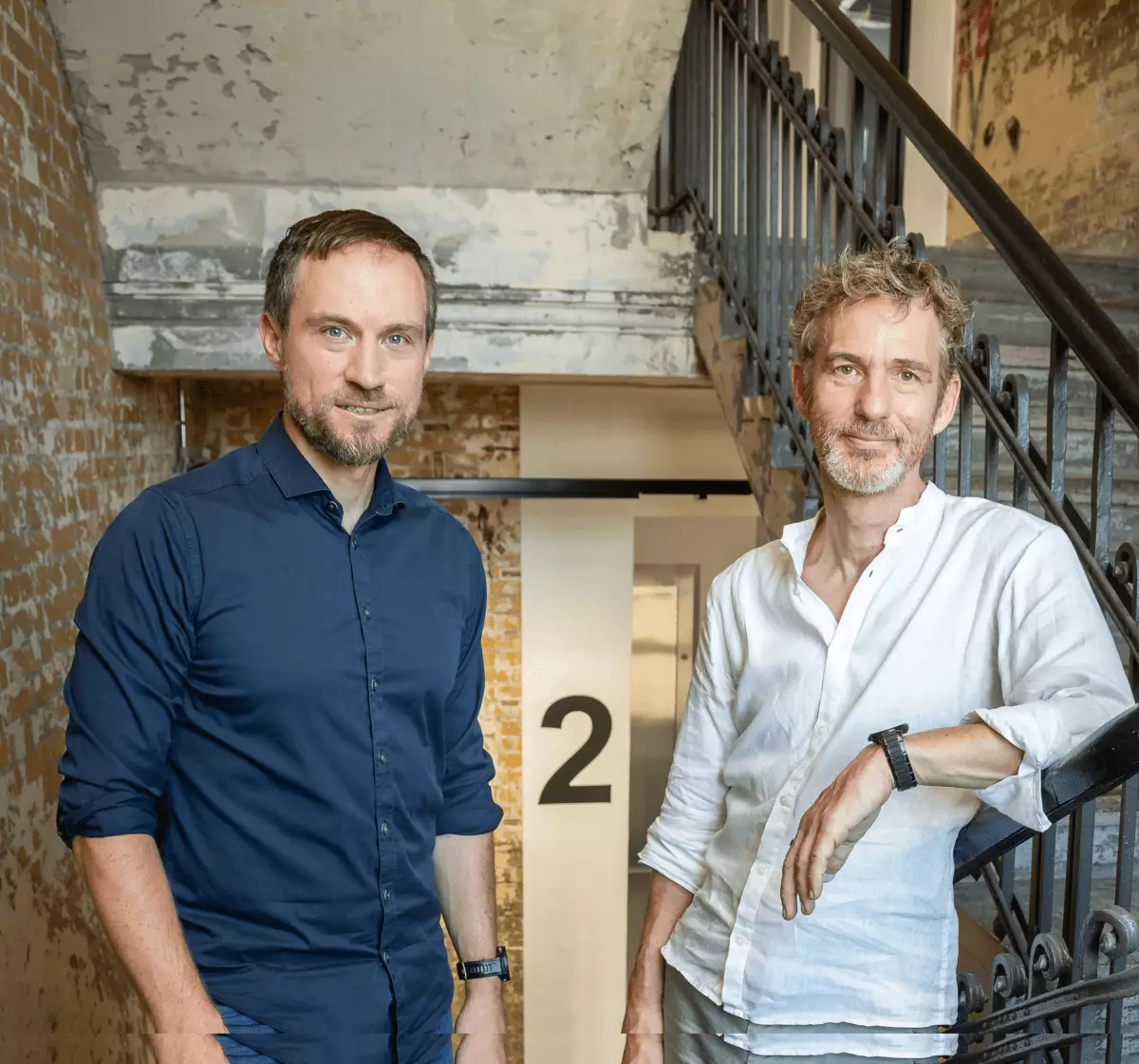Babbel, a renowned name in the realm of language education, is entering a pivotal chapter as its chief executive officer, Arne Schepker, announces his departure. This transition is not merely a change in leadership but signifies a new strategic direction as the Berlin-based company shifts focus towards integrating artificial intelligence into its learning framework. With co-founder Markus Witte stepping in as executive chairman and managing director, the company is poised to harness both technological advances and its established legacy in language learning to redefine user experiences.
Schepker’s tenure at Babbel has been marked by significant achievements, including a remarkable sixfold revenue increase during his leadership. However, his decision not to extend his contract stems from a personal reflection on commitment and the evolving demands of managerial roles. He emphasized the need for immense dedication—180 percent, as he articulated—rather than settling for less in a leadership position. In an industry that constantly adapts to technological shifts, particularly the rise of AI, Schepker felt that his ability to drive the company forward had diminished, leading him to prioritize his family and personal aspirations.
His departure is indicative of a common reality in corporate leadership; the recognition of one’s limits and the desire to step aside for new visionaries can be crucial for long-term organizational health. As Schepker himself noted, ‘it’s high time for me to travel and enjoy moments with my family,’ highlighting the personal sacrifices often made in high-stakes roles.
With the return of Markus Witte, who formerly held the CEO title, Babbel will not only retain its foundational cultural ethos but will also be guided by someone who has an intrinsic understanding of its mission. Witte’s dual roles as executive chairman and managing director signal a rediscovered focus on innovation and adaptability, particularly in leveraging AI’s capabilities.
As he peers into the future, Witte acknowledges the unpredictable landscape of language technology. ‘Companies must learn to pivot and adapt quickly,’ he explained, underscoring the need for agility in strategy as AI continues to evolve rapidly. His perspective endeavors to strike a balance between innovative exploration and maintaining a strong operational foundation, fostering an environment where daring ideas can flourish.
The introduction of AI in Babbel’s framework is not merely a trend but a strategic necessity. While previously utilizing machine learning, Babbel has never branded itself as an AI-centric company. Witte suggests that this is changing as the technology matures, presenting a unique opportunity to enhance the language learning experience.
He believes the convergence of Babbel’s extensive expertise and the burgeoning possibilities of AI could lead to profound advancements in personalized language acquisition. The innovative application of AI could not only streamline lessons but could also introduce elements that resonate deeply with learners on an emotional and cognitive level. For Babbel, this juncture represents a critical moment to combine educational insight with cutting-edge technology to tackle the complexities of language learning effectively.
During his time at Babbel, Schepker has articulated a vision that extends beyond commercial success. He is particularly proud of the company’s free educational efforts during critical times, including support for Ukrainian refugees—efforts that echo Babbel’s commitment to social responsibility. This ethos is interwoven into the fabric of the company’s identity, emphasizing that the ultimate purpose of language learning is human connection.
Building upon this foundation, Witte aims to cultivate ‘moments of delight’ for both employees and users, prioritizing engagement and satisfaction. By focusing on what brings joy within the learning process, Babbel can enhance its products in ways that resonate deeply with learners, fostering an environment where language learning feels less like a chore and more like a rewarding journey.
As Babbel navigates this transitional phase, several challenges and opportunities lay ahead. The dual focus on adopting AI while honoring its educational roots will require the company to balance technological enhancement with genuine human interaction. Witte’s cautious yet optimistic perspective on strategy illustrates a thoughtful acknowledgement that current endeavors must remain flexible in the face of rapidly evolving technology.
Babbel stands at the threshold of transformation with renewed leadership, a clarified mission, and the promise of integrating AI into language education. As it embarks on this new journey, the primary goal will remain unchanged—facilitating meaningful communication across cultures and languages while enhancing the learning experience through innovative technology. This nuanced approach positions Babbel not just as a language learning platform but as a forward-thinking leader in education that values both human connection and technological advancement.

